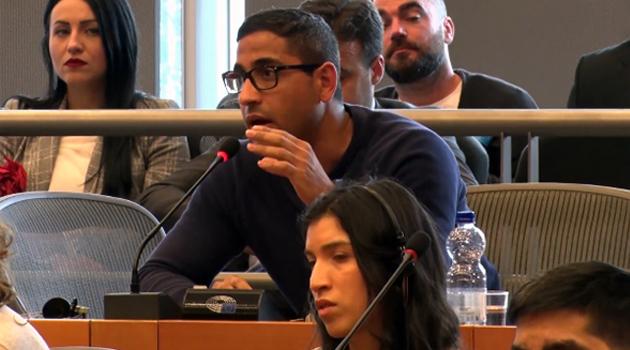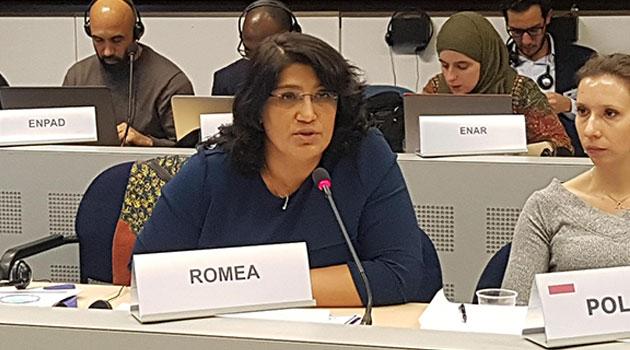Alliance against Antigypsyism: EU Roma Week is an opportunity to focus on tackling antigypsyism in Europe

The third annual EU Roma Week at the European Parliament was launched on International Roma Day (8 April) this year. The annual advocacy event is an important opportunity to put the fight against antigypsyism – the specific form of racism faced by Roma, Sinti and Travellers – at the forefront of the European Union agenda and to highlight the need to uphold the fundamental rights of Roma in Europe.
Roma are part of European societies and have been for centuries, but many barriers prevent them from being equal citizens. Tens of thousands of Roma throughout Europe are qualified professionals, but they remain invisible to their fellow Europeans because of their desire to avoid the “Gypsy” stigma.
According to a recent report by the EU Fundamental Rights Agency surveying the nine EU Member States with the largest Romani populations, an overwhelming proportion of Roma – 80 % on average – still live at risk of poverty. One in three Roma in these states are victims of harassment, including by police – Roma regularly experience discriminatory stop and search by police, police raids on Roma settlements and other forms of harassment by police forces.
The term “antigypsyism” is often used in a narrow sense to refer to anti-Roma attitudes, or the expression of negative stereotypes in the public sphere, or hate speech against Romani people. However, this phenomenon gives rise to a much wider spectrum of discriminatory expressions and practices, including many manifestations that are covert or implicit.
Antigypsyism is not just about what is being said about Roma and to Roma by non-Roma. It is also about what is or is not being done to combat their structural discrimination and dehumanization.
As such, antigypsyism a root cause of Roma exclusion in Europe. While the EU adopted measures for Roma inclusion almost a decade ago, European Roma continue to live in deplorable situations, in large measure because antigypsyism remains insufficiently understood as a root cause.
Discrimination, hate crime and hate speech, police brutality and segregation of Roma persist across EU countries and fuel exclusion of Roma from society. This fact highlights the urgency of stepping up efforts to tackle structural and institutional racism so that Roma can finally become equal citizens in their societies.
As the current EU framework for national Roma integration strategies comes to an end in 2020, the EU is now considering what future actions, if any, to take on this issue. The Alliance against Antigypsyism believes future initiatives must include specific measures and targets to combat all manifestations of antigypsyism.
National Action Plans against Racism should include a specific focus on antigypsyism. Combating antigypsyism must be an integral part of thematic policies to promote equality and inclusion in areas such as education, employment, housing, health, policing and justice systems.
This will require that the structures monitoring racism, discrimination, hate crime, hate speech, and policy implementation be revised and strengthened to effectively document and combat antigypsyism in all its complexity. Civil servants, educators, care workers, police, judiciary and other relevant official bodies need to receive training in how to recognize and combat antigypsyism.
The EU and national governments must allocate adequate, specific funding to programs aiming to fighting antigypsyism. Roma civil society must also be empowered to advocate for better policies and make their concerns heard at the local, national and EU level.
Roma civil society has a crucial watchdog role to play in order to hold public institutions accountable. EU decision makers must realize that social inclusion programs will have no impact if racist narratives and discriminatory practices are left unaddressed.
A growing sense of impunity for those engaged in toxic discourses and violent acts is undermining and will continue to undermine implementation of these programs on the ground. However, by fighting antigypsyism, including within institutions, we can secure a better place for Roma in Europe.
